Staying Fit

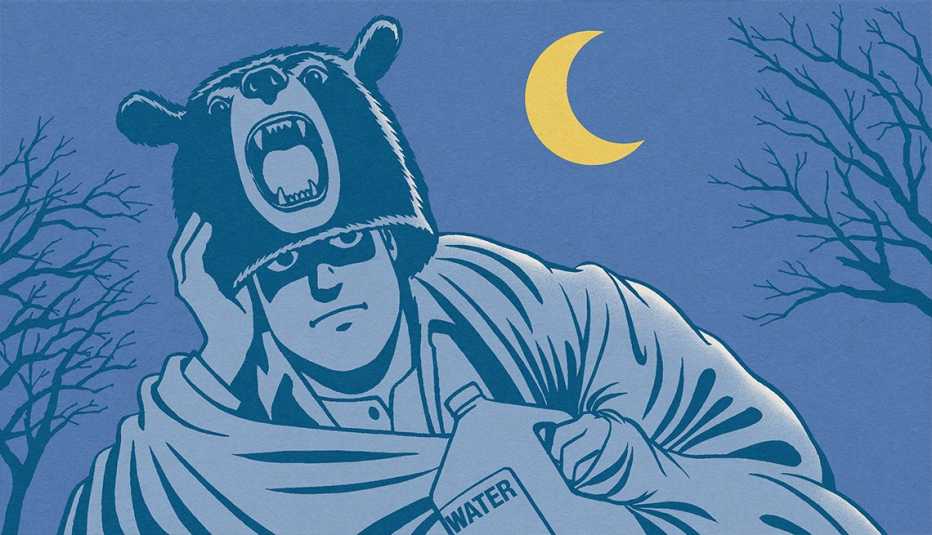
7
There Never Was an Alan Lottner




AARP Membership— $12 for your first year when you sign up for Automatic Renewal
Get instant access to members-only products and hundreds of discounts, a free second membership, and a subscription to AARP the Magazine.


Alan had been like a loose tooth—irritating and constantly demanding attention—but when it is finally gone the hole it leaves behind is, in some ways, worse. I sat in my living room, watching the firelight reflect off my empty beer bottles in a festive fashion, and wondered what the psychiatrists would say if I told them how much I missed my psychosis.

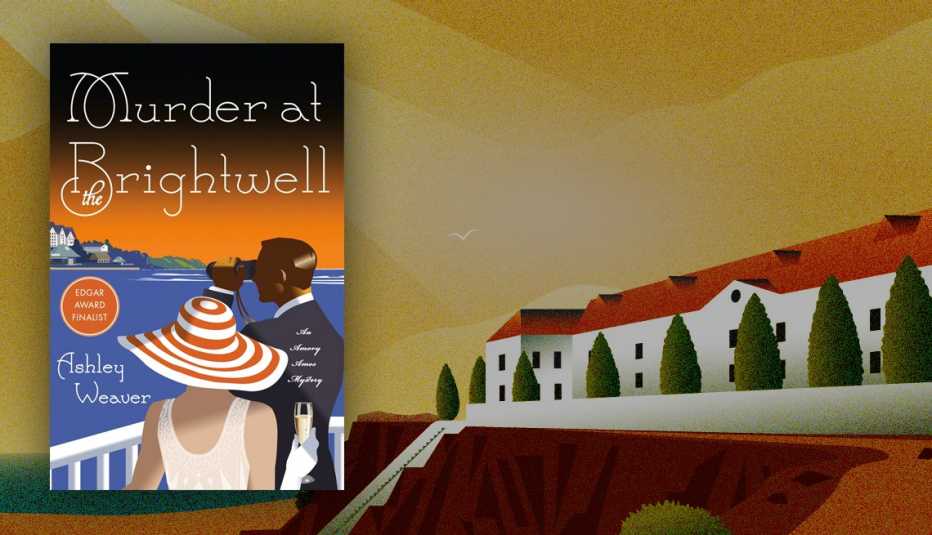
Sensing something, Jake wandered over and nosed my hand, staring up at me with soulful eyes. “You’re right, Jakey. I’m not alone at all.” I scratched his ears and he groaned, his eyes half-lidded, until he collapsed at my feet.

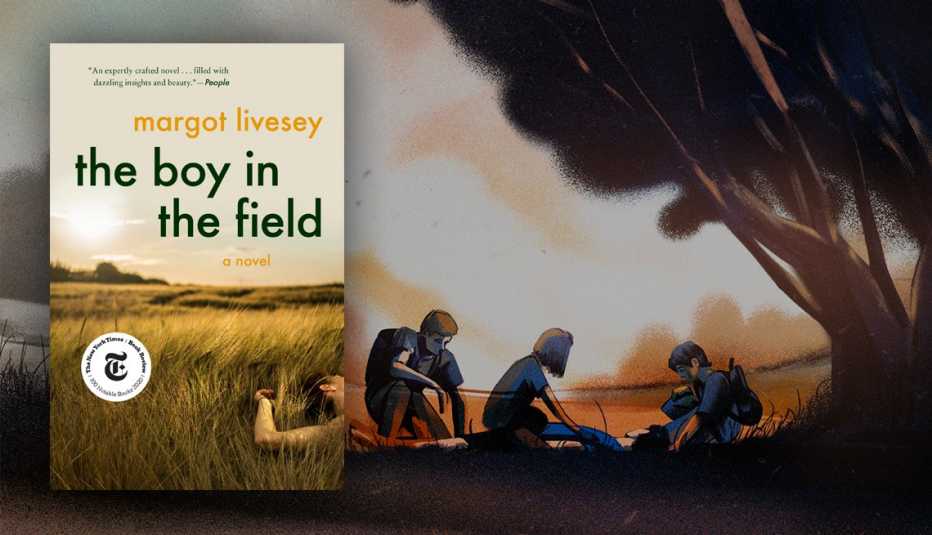
I reached for my book, my schizophrenia behind me. My mother had been a nonstop reader and when I inherited the house I found boxes and boxes of novels stacked in the basement. I sorted out a couple that I vaguely remembered her carrying around and set them out as if she had just been there reading and had put down her book to start dinner. Maybe that was the start of my Repo Madness, because I knew it was irrational, but the sight of those books gave me comfort.
Eventually I became curious and idly picked one up and started to leaf through it. It was The Charm School by Nelson DeMille, and I honestly thought it would be about women learning manners from some uptight lady with her hair pulled back in a bun. But it was a thriller—my mother was addicted to suspense novels and mysteries, and before long I was hooked on them myself.
When I could afford to I added to the collection—Carl Hiaasen, Andrew Gross, Dave Barry, Lee Child—and when money was tight I went to Mom’s boxes and revisited old classics. Right now I was on an Alistair MacLean jag: I’d picked up Ice Station Zebra because it sounded like it was a novel about Kalkaska, and now I was rereading The Guns of Navarone. I had my book, my dog, and my chair. What else did a man need?
I forgot to grab the Patrón bottle, and once I was sitting down it was too much of an effort to heave myself back up to get it. I turned the pages until my eyes sagged shut of their own accord.
About an hour later I jerked awake to the sound of a great crash, the noise so startling that even Jake got to his feet. I went to my door and yanked it open.
Claude and Janelle were on the porch, laughing at each other while Claude tried to extract his hand from her blouse.
“Oh, Claude,” I said in dismay.
“Ruddy! Ruddy, I’m getting a divorce, you know,” he blurted when he saw my expression.
“Claude,” I repeated sadly.
Janelle gave him a long and disgustingly wet kiss on the mouth, which Claude accepted hungrily. “Welcome to the single scene in Kalkaska, darling,” I think she said. Her eyes were deliberately evading mine, and the way she clung to Claude, less from lust than for structural support, told me a lot more bourbon was flowing through her veins than was typical. Janelle had always straddled the line between being a drinker and a drunk—apparently tonight she felt she required some extra juice to help her go through with her decisions.
Jake decided he’d had enough of this nonsense and brushed against my legs as he turned and went back to his blanket on the floor.
“I need ... I need the key for upstairs, Ruddy,” Claude gasped as he pulled away from Janelle’s lips. He gestured up the outside stairs to the door of the second-floor “apartment.”
I opened my door. “Come on in, Claude.”
They both stopped groping and stared at me, blinking in noncomprehension.
“You can sleep on my couch.” I reached for my jacket. “I’ll drive Janelle home.”
“But ...” Claude crashed in through the doorway, blasting me with vodka breath as his whisper found my ear. I winced as he leaned against the bruises in my ribs. “But Ruddy, remember the slander plan. ...”
“Claude.” I grabbed him by the shoulders and peered into his bloodshot eyes. “Are you out of your mind? Wilma would have your balls for breakfast. Get in here.” I yanked and the force of my pull propelled him across the room, where he twisted and fell onto the couch as if it were a special gymnastic trick we’d been practicing together.
“Come on, Janelle,” I told her, gripping her elbow so she wouldn’t slip on the ice. She accompanied me without protest, but in my truck she huddled against her door like an animal caught in a cage. I fished for something to say to her but didn’t catch anything. I looked at her light blond hair and for some reason it made me sad that it was so stylishly cut; she’d probably spent an hour on it before going to the Black Bear and hooking up with Claude Wolfinger.
I pulled into her driveway and stopped. She didn’t get out; she just sat there, and I sighed, thinking I should apologize somehow, but not knowing what she needed to hear from me.
When she turned and met my eyes it was as if we were having a conversation about loneliness, and had gotten to the point in the discussion where we were asking ourselves why we didn’t just go ahead and cure two cases of it with one shot.
The “single scene in Kalkaska.” Who was she kidding? We were it.
I stared back at her. Since coming back home I’d been sleeping exclusively with myself—would it be so wrong to reach out for a little human warmth, maybe give some in return?
I might have turned off the truck and followed Janelle into her house if it weren’t for the piece of paper with the name “Katie” written on it. Janelle and I could collapse gratefully, or at least desperately, into each other’s arms, but what if Katie turned out to be real? Or, if not Katie, someone like her, and then I would be just one of a series of men dropping Janelle for another woman. The thought of participating in that process made me recoil.
Janelle read the answer in my eyes and her lips formed a bitter smile. She pushed open the door and walked away from me with her head at a stiff angle. I waited until she had turned on the lights in her house before backing into the street, and my last view of her was of her shadow watching me from her front window.
It was just past two in the morning. I was wide awake and in the kind of bad mood that could only be fixed by stealing someone else’s car.
At Milt’s lot I swapped my vehicle for the tow truck, then drove down and let myself into the Black Bear without turning on the lights. The only illumination came from Becky’s TV show, where some guy who probably doubled as an underwear model was ripping insulation out of an attic. Bob the Bear stood sentry in the corner, silently watching my approach as I stood on a chair and unscrewed the bolts on the back of his neck.
Something about Bob I don’t think Becky even knew: his head came off.
I unbolted the bear head and stuffed it and a big rain poncho in the front seat of the tow truck. From the storeroom in the back, I felt rather than saw the couple of rifles in my dad’s old gun closet, pulling out the pellet gun I’d received for Christmas when I was fifteen. I stood in the ambient light drifting in through the front windows and turned it over in my hands, examining it.
“What is that?” Alan demanded loudly.
“Agrhh!” I shouted, staggering back. “Geez, you scared the hell out of me, Alan! Don’t do that!”
“Why are you so jumpy?”
“Where have you been? I thought you were dead. I mean, not dead the way you say you are, but dead as in not in my head anymore.”
“Oh. I was asleep.”
“You sleep?” I responded incredulously.
“Sure. Mostly it’s just been little naps, but today I think I was out for a couple of hours. I needed it, too.”
“Wait a minute, what else are you doing in there?” I demanded.
“I’m not going to the bathroom, if that’s what you’re implying,” he huffed.
“I have no idea what I’m implying. I can’t believe you sleep, that makes no sense to me.” I closed up the bar and returned to my truck. “As opposed to the part of this that does make sense,” I added after a moment. I looked down at the rifle in my hands and actually heard him draw in a breath, proving my point—none of this made sense. He couldn’t draw in a breath, he had no lungs.
“What are you planning to do with that gun?”
“I’m going on a little wild-goose chase,” I explained, starting the truck and heading north to East Jordan.
“You’re going to shoot Doris? You can’t do that!” he protested indignantly.
“What do you want me to do, euphemize her?”
“Huh?”
“The goose bit me and nearly broke my arm.”
“I know, I felt it.”
“Well okay, then. Alan, I need that repo. I’ve already been advanced the money on it. Milt will carry me a bit but soon he’s going to want interest payments at the least—and meanwhile, I have my own expenses. You need to go along with me on this; I know what I’m doing.”
I parked the tow truck a hundred yards down from Einstein’s place and wandered into the trees, circling so that when I approached his home it was from the rear, where I had a perfect view of his truck—and the open doorway of the shed, where I could barely make out the white form of Doris, sleeping peacefully. I looked at her over the gun sight.
“Ruddy! Please,” Alan begged.
I swung the gun barrel over and sighted down on the three floodlights, squeezing the trigger and taking each bulb out with a satisfying plink. Doris stuck her neck out curiously, but didn’t leave the shed.
“Why did you do that? Make me think you were going to kill the goose,” Alan demanded as I made my way back to the tow truck.
“Just having fun.”
“Well, I think you’re a horrible person.”
“You’re welcome to leave anytime, Alan.” I lifted the snarling bear head and set it on me like an ill-fitting hat, holding it up there with one hand and draping the poncho over the whole assembly with the slit in front so I’d be able to see. I grabbed a gallon jug of water and headed back to Einstein’s house.
I’m not sure what Doris thought she saw coming up the driveway, but it was huge and had the face of a bear in a bad mood and that was enough to keep her quiet. I slipped over to the pickup under cover of uninterrupted darkness, making motion without detection, and poured the contents of the water jug directly into the gas tank. Doris eyed me uneasily the entire time from within the safety of her shed, and didn’t respond when I waved at her as I departed.
I didn’t know what time my customer left for work in the morning and didn’t want to take a chance of missing him, so I settled in the driver’s seat of the cab and tried to make myself comfortable. From where I sat I could easily see Einstein when he left for his job at PlasMerc, where he probably worked on the line, assembling subatomic particles.
“Hey Alan, you awake?”
“Yes. Where did you get the bear head? That was a pretty good idea.”
I told him about my father, how I grew up playing at the feet of Bob the Bear, and how he showed me something no one else in the world knew, that a couple of bolts in the back were all that held Bob’s head on.
“How about you, Alan, you grow up around here?” I asked carefully.
“Why do you ask it like it’s a trick question?” he responded.
I blew out some air in exasperation. “Just answer me, okay?”
Alan told me he’d moved to East Jordan because that was where his wife Marget lived. He met her on an airplane, sat next to her on a flight to Denver, where he was living at the time, asked her to dinner that night and every night for the next six, and when she left Denver to return home to Michigan he made up his mind to follow. Her father owned a real estate company in East Jordan, and that’s where he found himself working. In Denver he’d managed a movie theater complex in the Cherry Creek area but the work wasn’t portable—not too many theater complexes in a town of twenty-five hundred people. Working out of East Jordan, though, Alan was able to do pretty well for himself selling lakefront property and hunting cabins.
As he spoke I ticked off the things he was telling me. I’d never even been to Colorado and had never heard of Cherry Creek, but I could look it up and see if such a place existed. He seemed pretty knowledgeable about both movie theaters and real estate sales, competently fielding my questions as I put them to him. If he wasn’t real, how could he know all of this stuff? If I were schizophrenic, wouldn’t my split personality be confined to my own knowledge base?
I started the tow truck to pump a little heat into the cab. “So, Alan ... I’m sorry about when you told me you were dead. I’ve just ... I mean, what do you say when someone tells you that? It’s not exactly something that ever gets covered all the time in Dear Abby.”
“I felt completely ignored.”
“Well, okay, but I said I was sorry.”
“You think this is easy for me?”
“What is your problem?” I snapped. “I said I was sorry. What more do you want, a box of candy?”
He was silent for a bit. “I want you to find the people who did this to me and bring them to justice,” he finally said.
“Oh ho, now we’re down to it! You want me to kill somebody, don’t you?”
“No, of course not!” he sputtered.
“No? No? Are you sure? Because a second ago it sure sounded like you wanted me to find some people—not just one person, now, but a whole group of people—and do to them what they supposedly did to you.”
“Not a whole group, just two people, two men.”
“And then I suppose they’ll be in my head, too,” I raged. “And they’ll want me to kill somebody else, and pretty soon the TV networks will be in my neighborhood, interviewing my friends who’ll be saying, ‘Gee, he seemed like such a nice guy, who knew that he had all those bodies buried in his basement?’ ”
“You don’t believe me,” Alan replied, hurt.
“Which is weird, because this is all so plausible.”
“Look, couldn’t we just ... we’re in East Jordan. Won’t you just let me prove it to you? We can go to my house, talk to my wife, see my little girl. Then you’ll know.”
“Your little girl? How old?”
“She’s sixteen. Her name is Kathy, Kathy Lottner. My wife’s name is Marget Lottner.”
I mulled it over. “I can’t believe I’m going to do this,” I finally muttered.
“Great!”
“But not right now.” I shut the truck off, and it rattled into silence. “Right now, I’m on what we professional repo men call a stakeout.”
“That’s what cops call it.”
“Right, they stole it from us.”
It was cold when I lurched awake at dawn. Shivering, I started the tow truck and let the wipers and defroster work on the layer of ice on the windshield. Alan was quiet and I could feel that he was asleep, now that I understood what it meant when I experienced the peculiar sensation of him not being there.
About half an hour later, just as I was talking myself into abandoning my post for the time it took to get a cup of coffee, Einstein Croft wheeled down his driveway and gunned his truck, his back end sliding as he headed off for work. I gave him a half mile and then unhurriedly crawled off after him; I knew where he was going—PlasMerc, home of the surly gate guard.
I was close enough behind him on the highway to see him speed up and slow down twice, his tailpipe blowing clouds of black smoke as he tried to clear his engine by stomping on his accelerator. Satisfied that his erratic progress was a sign that the water in his fuel line was doing its job, I pulled a U-turn and sped off in the opposite direction.
Half an hour later I cruised back down the road and there was his pickup, all by itself, emergency flashers blinking away. Einstein must have thumbed a ride to work. I eased up to his truck and hooked it with the hoist, drawing nothing but a curious glance from the few vehicles that drove by. Car breaks down, car gets towed, God bless America.
You might think you’re a genius, Einstein, but you cannot outsmart the repo man.
I called Milton from the junkyard we used as a storage lot in East Jordan, and he grunted in satisfaction. “The cosigner’s a real nice guy, too. Makes you wonder, since his kid is such a jerk.”
“His kid’s a walking jerk,” I corrected, somewhat gleefully. Repo humor never gets old for me.
I hung up, feeling like the greasy phone had probably left a black mark on my cheek. Everything in the junkyard was coated with motor oil, even the people.



























































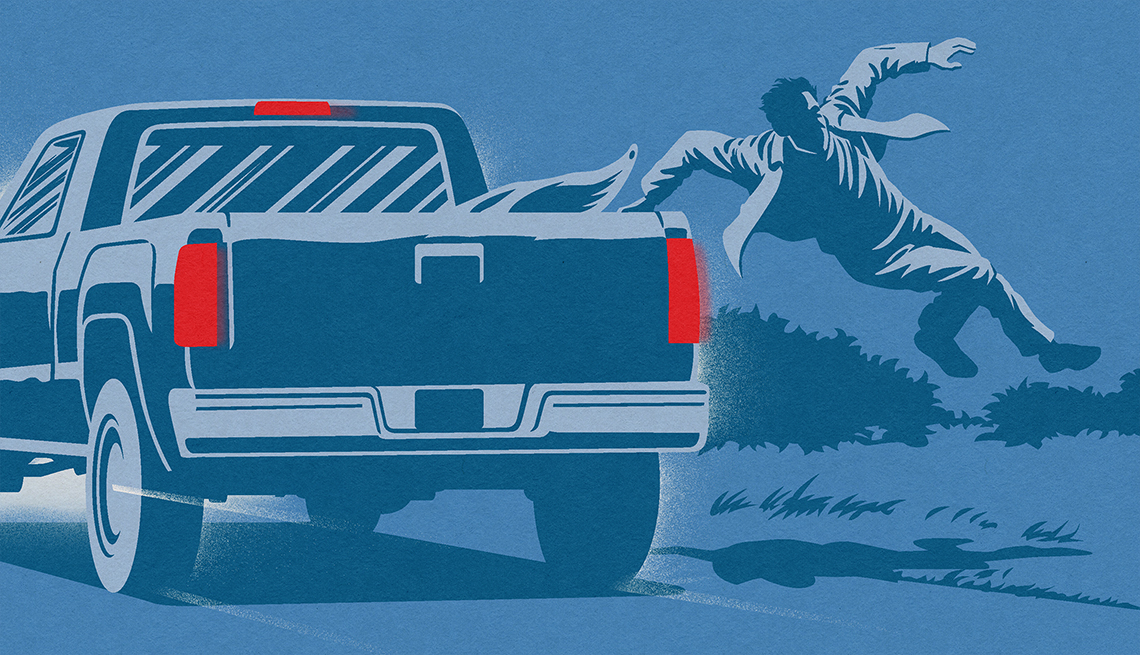
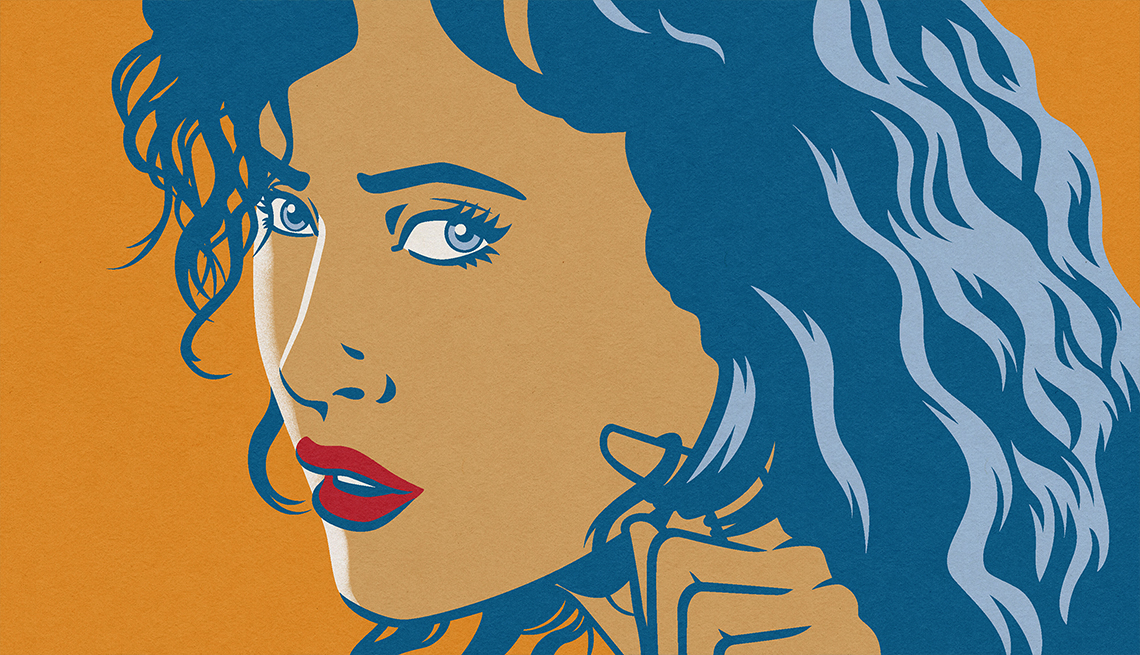
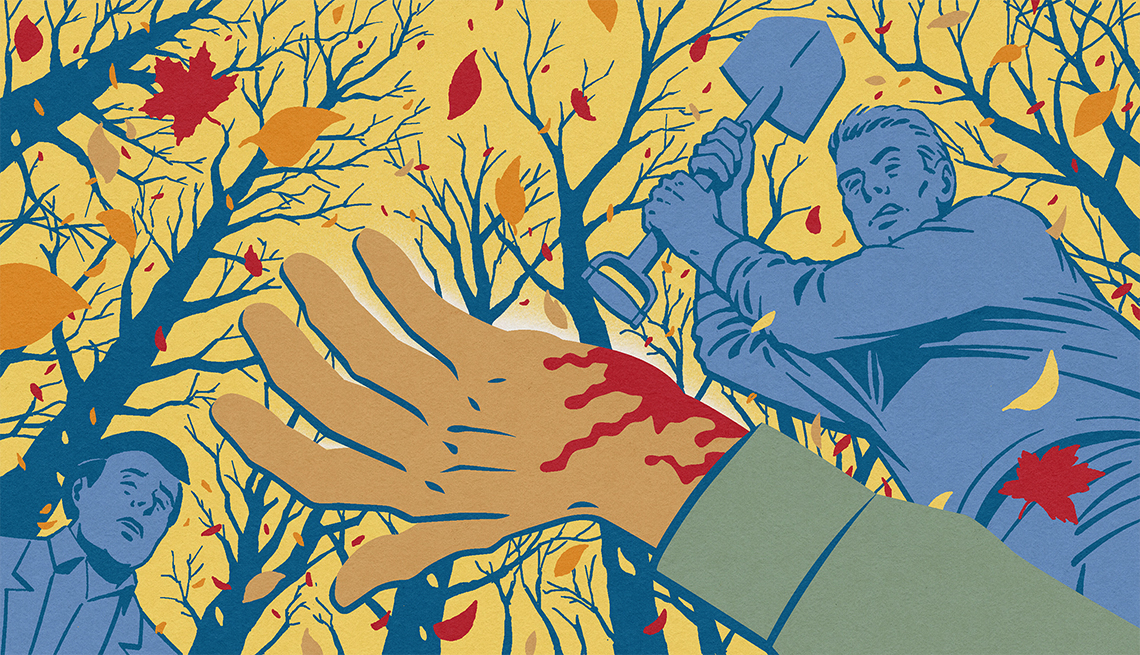
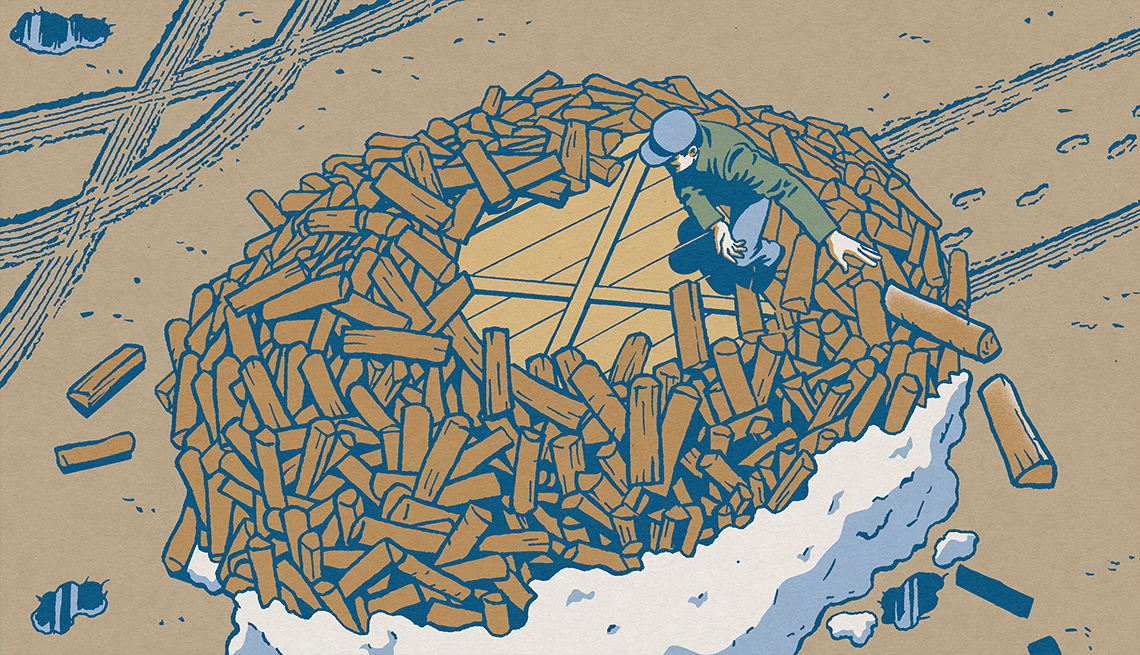
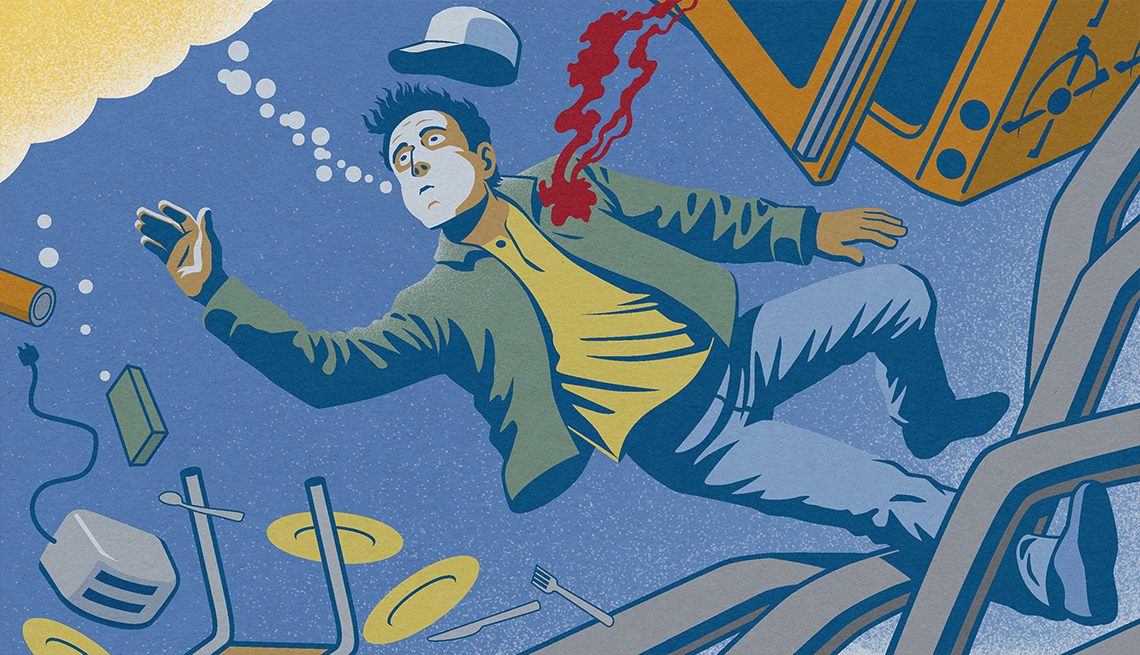
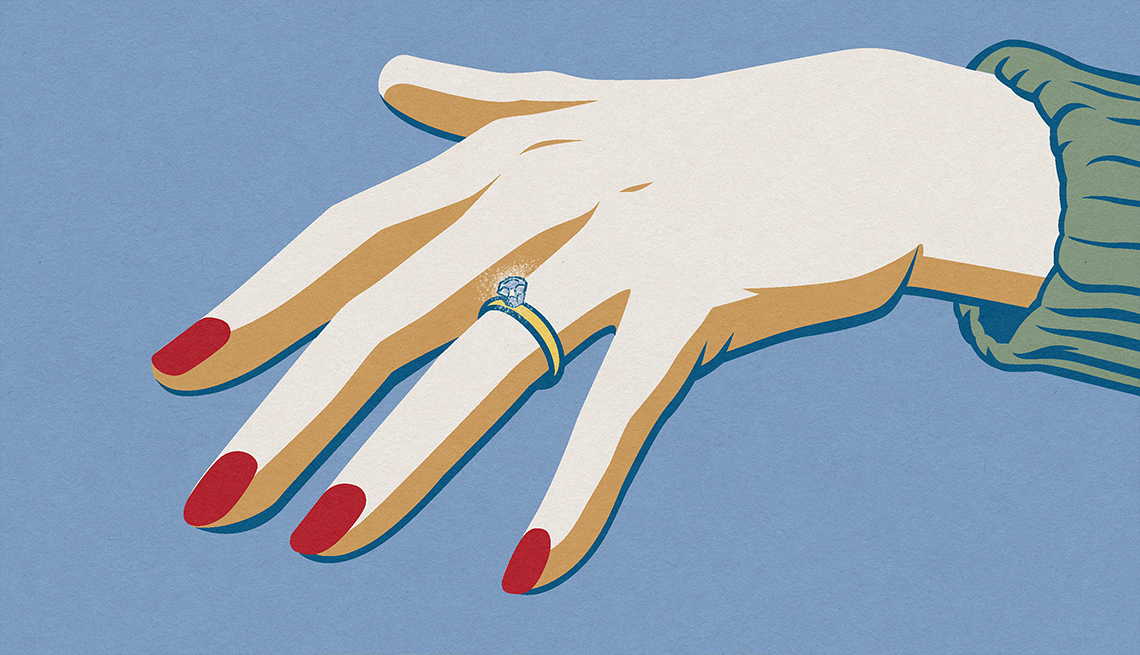
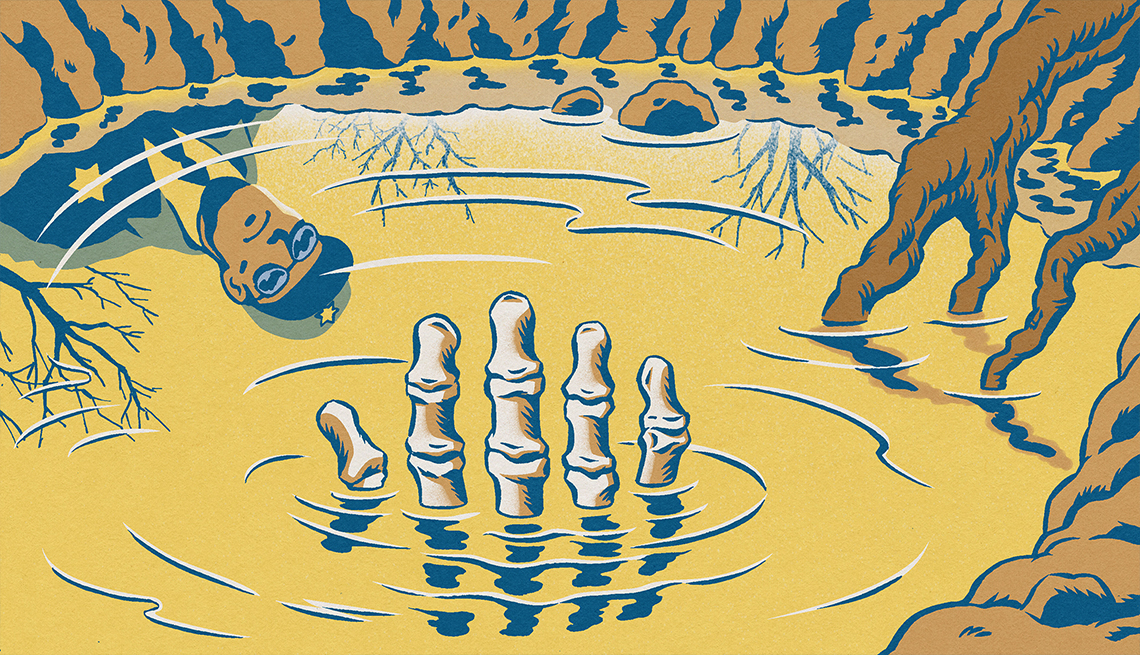
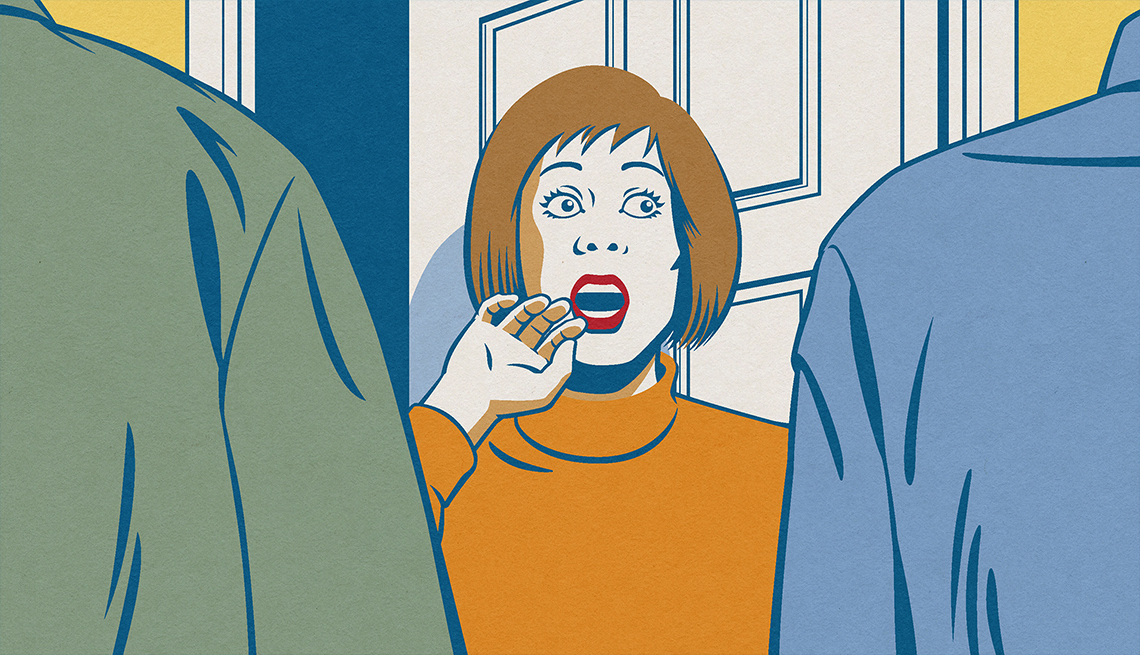
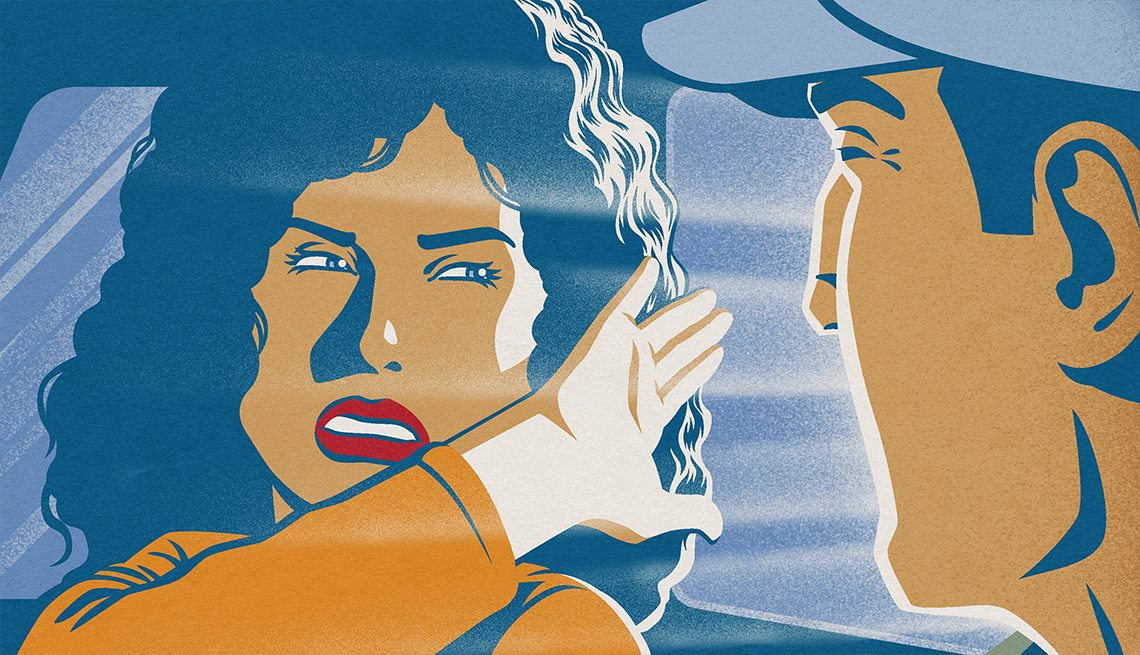
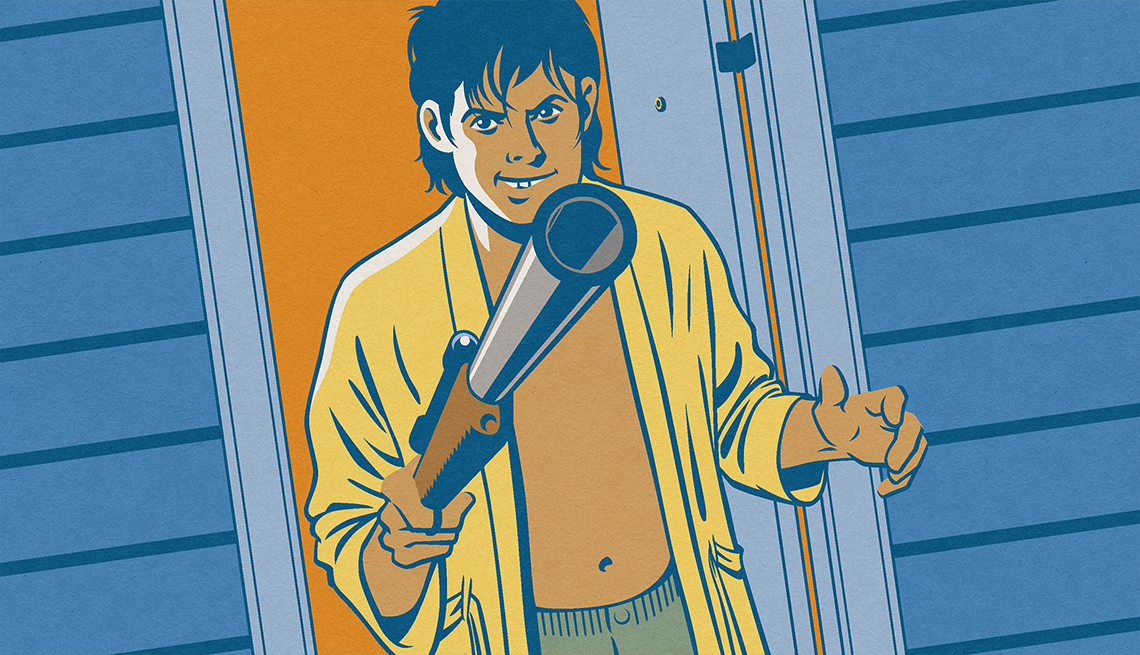
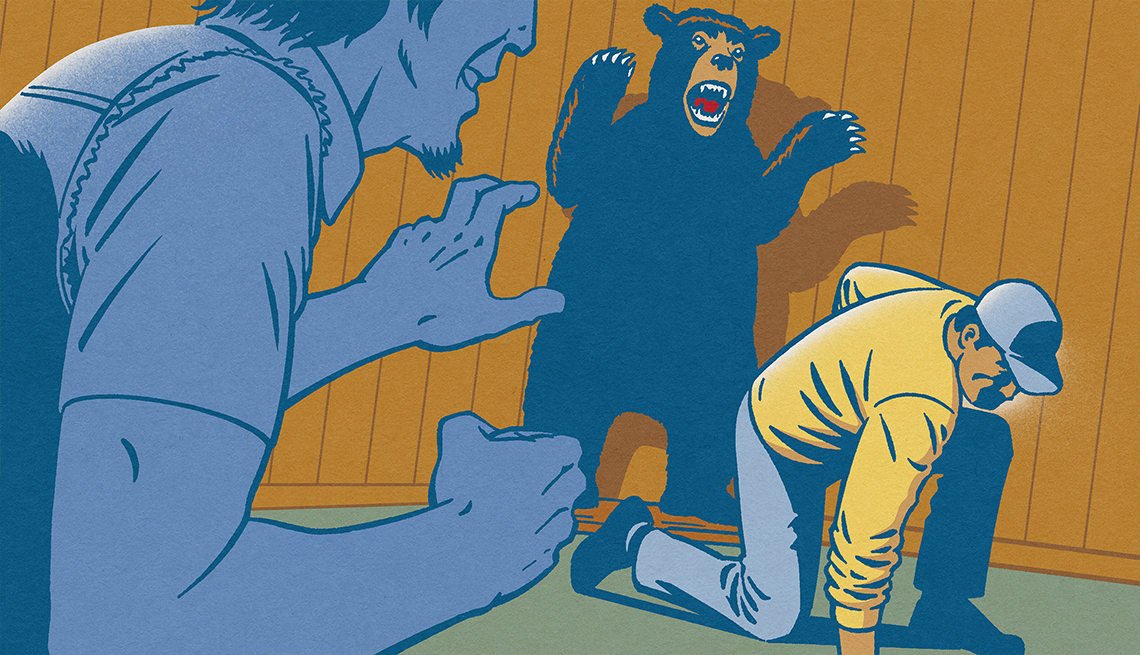

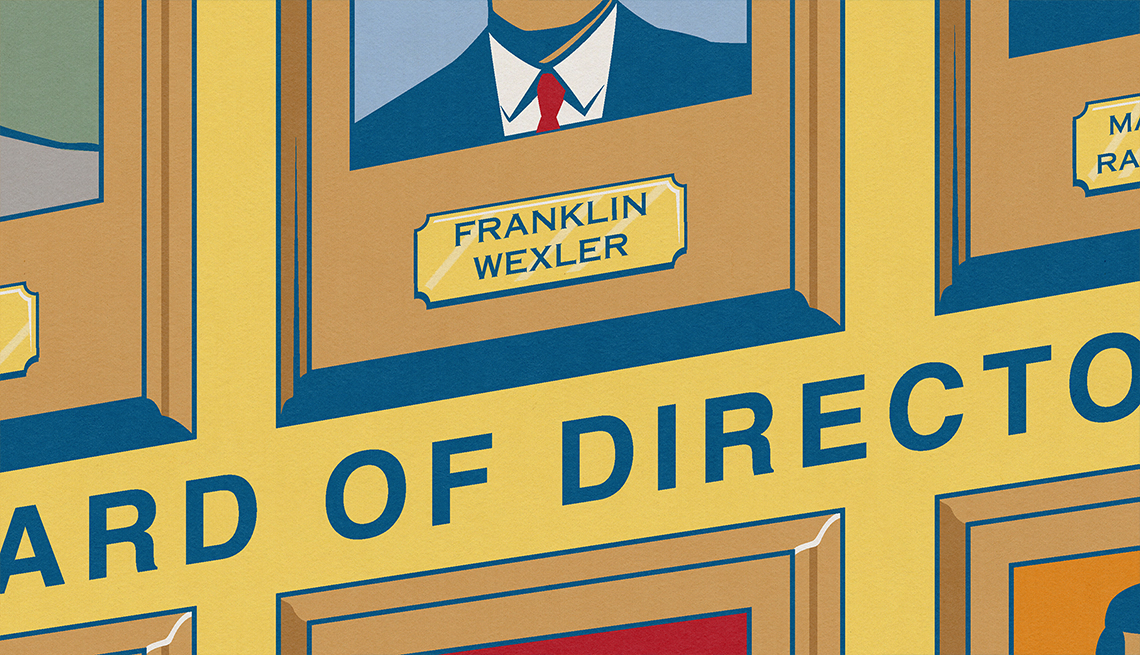
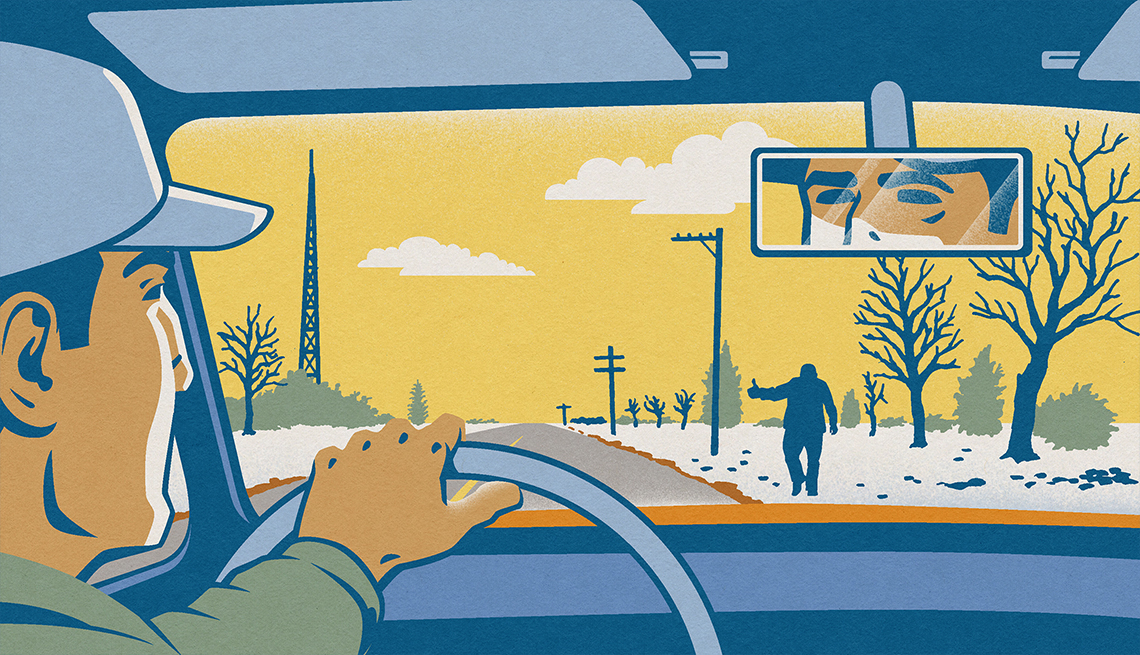
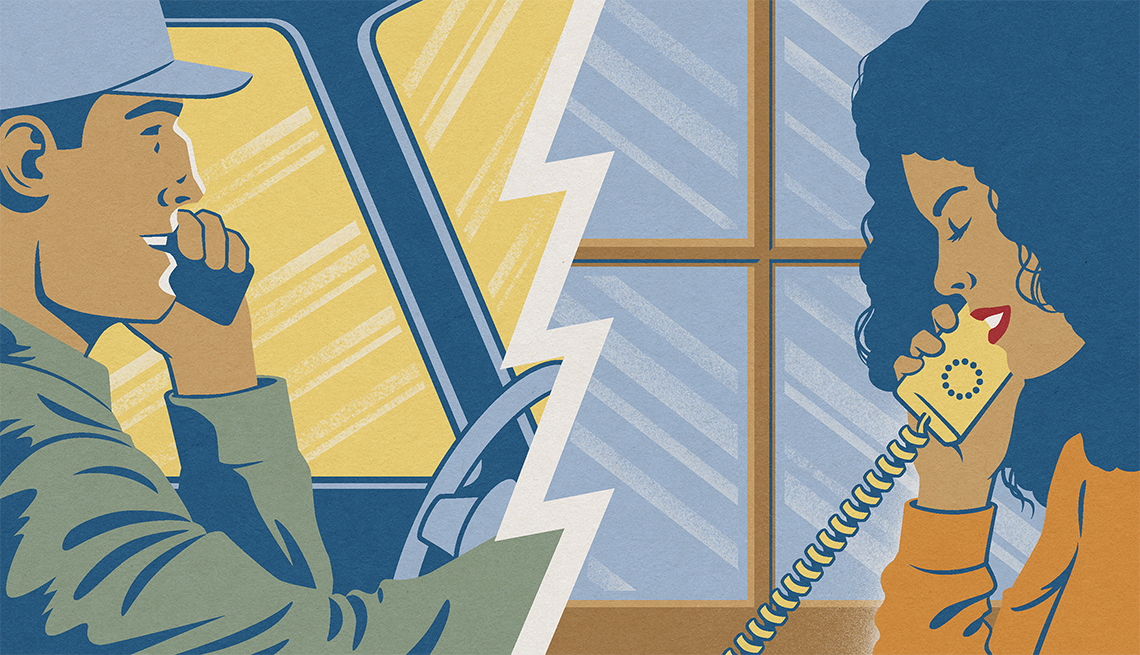
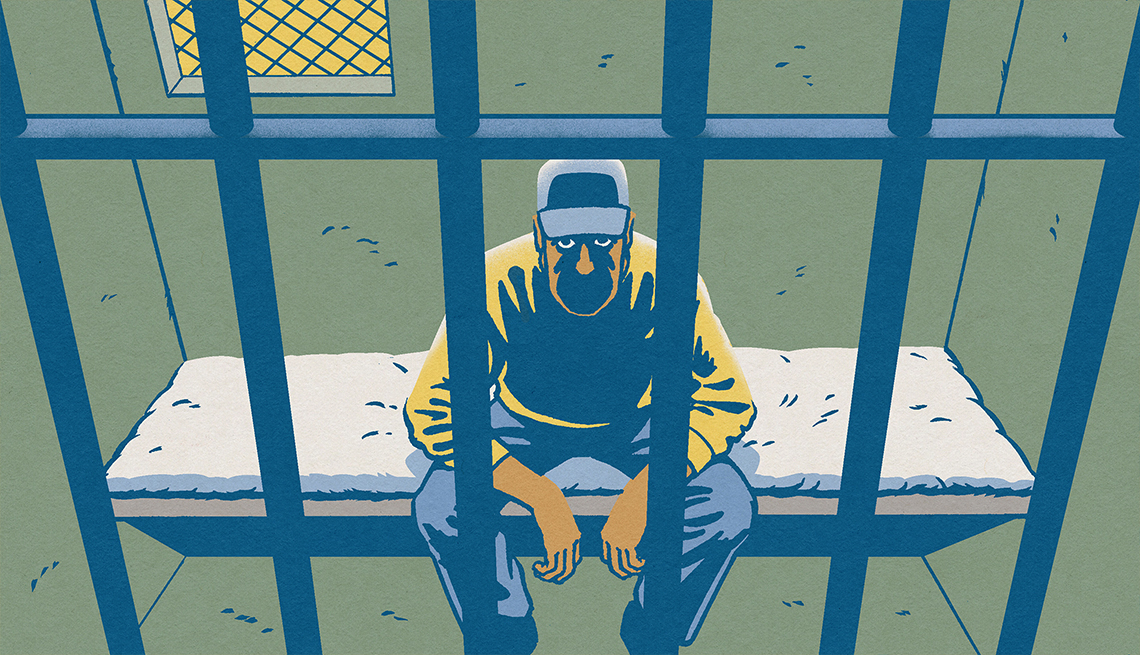






More From AARP